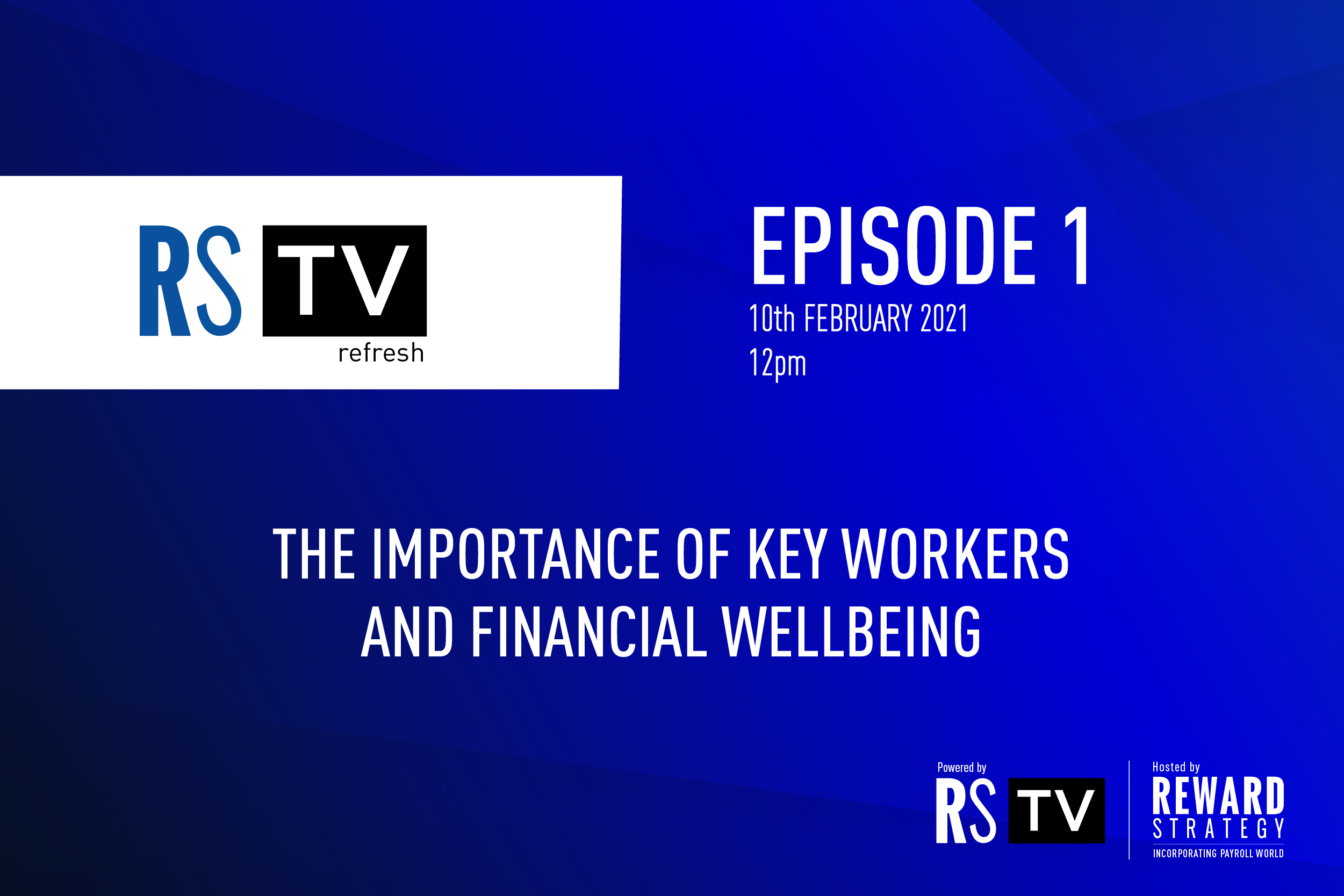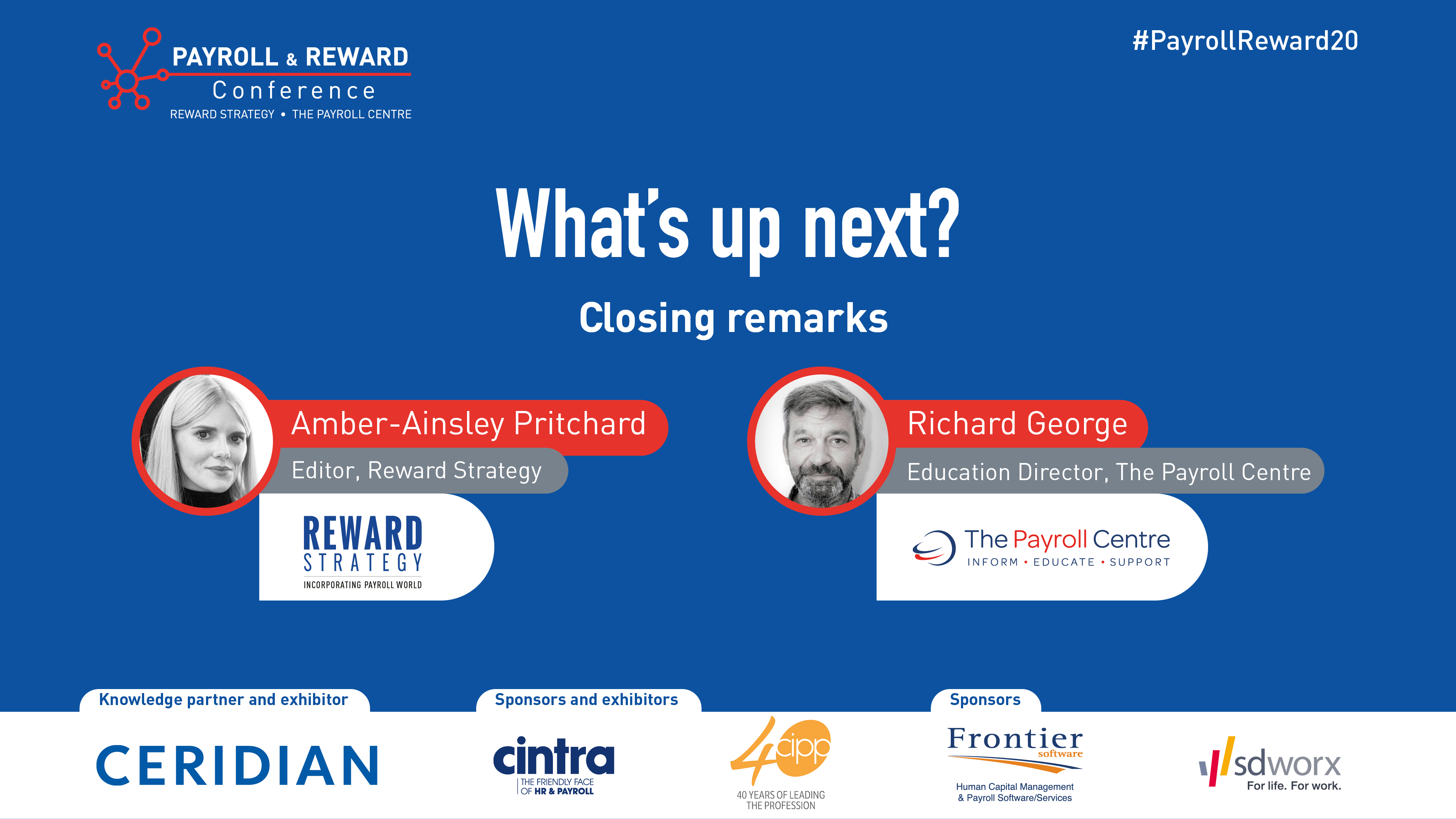Intelligence, community and recognition for pay and reward professionals.
How to motivate employees during the pandemic
Normal working and home life patterns are in a state of upheaval. Juggling childcare and work targets while handling concerns over family health is a cause of significant emotional and psychological stress.

In challenging situations, employees need to receive timely, accurate, and candid communications about what’s happening. They also need sufficient access to dependable, supportive resources, such as childcare – and as virtual workers, reliable technology and connectivity to make it easy to work remotely.
However, they still need the things they would require in normal circumstances; they want to feel valued and confident about the future of their organisation, as well as their place in it.
When the crisis is humanitarian and global, these needs become more urgent. Employees have higher expectations of their employers around business ethics and social responsibility, namely protecting employees from the virus. And in life beyond the pandemic, the 2020 Edelman Trust Barometer, a key marker for employee sentiment, shows that 73 percent of employees expect a prospective employer to offer the opportunity to shape the future of society in a positive way.
As a leader, it’s helpful to be aware of these human factors, both now and going forward. In particular, it’s important to consider people’s core psychological motivations, and clearly that concerns more than HR policy benefits. Of course, promotions, salary increases, and sabbaticals have the power to motivate employees, as do tactics like bonuses and performance ratings. But in a crisis, your focus has to be less on these external rewards and more on connecting with people’s intrinsic motivators, like empowerment, trust, and a sense of belonging.
Intrinsic motivation comes from pleasure in the work itself, rather than satisfaction with the reward you might get for completing it. Social psychologists have found that the key facets of intrinsic motivation are regular and honest communication between a manager and their team; high autonomy and trust granted to employees; and a close match between an employee’s strengths and values and the particular job they’re carrying out.
Belonging, trust and empowerment
While these needs are universal, it’s important to remember each of us factors them into our own motivation in our own unique way. As a result, managers and mentors need to ensure they regularly communicate with their teams so that they are able to personalise the employee experience accordingly.
In order to make people feel heard and involved, and give leaders insight into what people need most during times of distress, a great place to start is to use your employee engagement surveys to inform frequent conversations between managers and employees. These conversations will help leaders know what your people need to be successful.
Next, help employees take more ownership of their work. Encourage them to set goals and participate in decision making. Give them freedom over how they do elements of their job, and let them influence how they are rewarded. Remote work shouldn’t mean the end to all learning and development opportunities. Coaching is an important part of this process, but be clear that coaching is not simply providing feedback; it should enable your people to tap into their own passions and experience to reach the best solution, with guidance along the way.
A sense of belonging and ownership is a big part of what motivates your employees to show up and do their best work during normal working patterns. In these disruptive and uncertain times, that’s even more the case. Let’s extend to our teams the respect they deserve by acknowledging this — and work hard and transparently to align our HR and performance practice to inspire our people to work better, be safer, be more fulfilled, not just now, but when the recovery comes.





